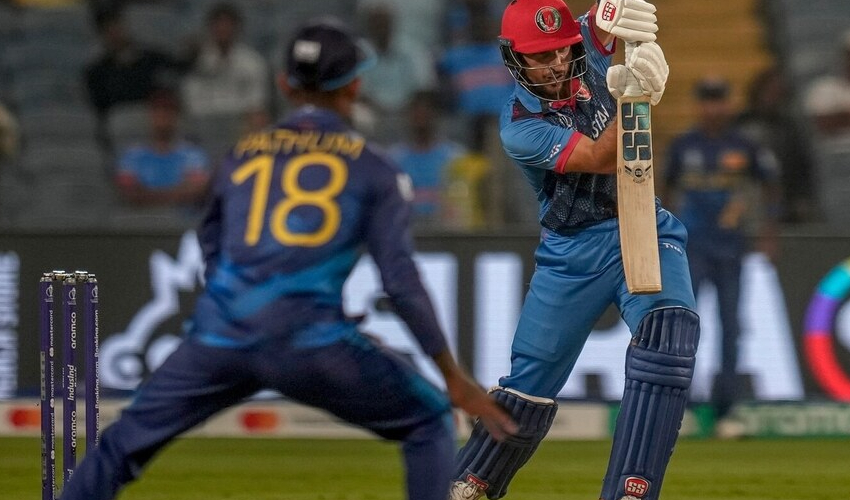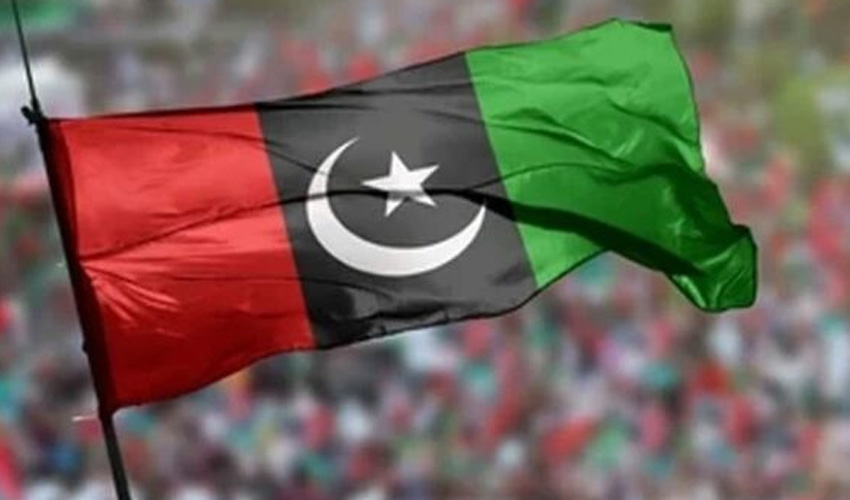Sri Lanka made the difficult decision to cancel their training session in India's capital as the city grapples with a blanket of hazardous smog, just days before hosting their critical World Cup match against Bangladesh.
New Delhi, a city regularly listed among the most polluted on Earth, contends with an annual smog crisis that is responsible for hundreds of thousands of premature deaths. This Saturday, New Delhi once again claimed the undesirable title of having the planet's most toxic air, according to the air quality monitoring firm IQAir.
An official from the local cricket association in Delhi confirmed to AFP that Sri Lanka had indeed scrapped their scheduled practice session, although the specific reasons behind the cancellation remained undisclosed.
The decision to forgo training followed a similar move by Bangladesh, which had previously cancelled its own practice session in Delhi. The health risks posed by the pervasive smog were cited as the primary concern. Bangladesh team director Khaled Mahmud explained that some members of the team had experienced coughing, prompting reservations about their health. Uncertainty loomed about whether the air quality would improve in the near future.
The International Cricket Council (ICC) underscored its commitment to the well-being of all participants in the upcoming match, emphasising that they were actively monitoring Delhi's air quality. The ICC further stated that it was seeking expert advice to assess the evolving situation.
In response to escalating air pollution levels in Mumbai and Delhi, World Cup organisers recently implemented a ban on fireworks during matches to prevent further exacerbation of the problem.
The concentration of the most dangerous airborne PM2.5 particles, so minuscule that they can infiltrate the bloodstream, surpassed the daily maximum recommended by the World Health Organization by more than 20 times on Saturday evening, according to IQAir.
Severe smog conditions are anticipated to persist well beyond the scheduled match, extending for several more weeks. In response to the crisis, authorities ordered the closure of schools on Friday.
The recurring problem stems from a combination of factors, including the burning of crop stubble by farmers, vehicular emissions, and industrial pollution. This hazardous haze has plagued Delhi for decades and poses a severe public health crisis.
A study published in The Lancet in 2020 attributed 1.67 million deaths in India to air pollution the previous year, with nearly 17,500 fatalities recorded in the capital. An August report from the University of Chicago's Energy Policy Institute warned that the average city resident could face a reduction of nearly 12 years in life expectancy due to air pollution.
India's continued reliance on polluting coal for energy generation, despite calls for its phase-out, has led to a 29 percent increase in per capita coal emissions over the past seven years, exacerbating the ongoing air quality crisis.



























